- Study Did Not Meet Primary or Secondary Efficacy Endpoints in Hidradenitis Suppurativa
- Overall Safety Profile and PK/PD Generally Consistent with Observations in Prior Studies of Zunsemetinib
Efficacy
The study did not meet its primary endpoint of change from baseline in inflammatory nodule/abscess count (AN) of zunsemetinib 50mg BID versus placebo at week 12. The study also did not meet the secondary efficacy endpoints assessed in the topline data, including percentage of patients achieving HiSCR-50. The placebo effect observed across all efficacy endpoints was higher than what has been observed in other published HS studies reported to date.
Safety
Zunsemetinib was generally well tolerated. Safety findings were generally consistent with observations from prior clinical studies of zunsemetinib. The most common treatment-emergent adverse events in patients treated with zunsemetinib were dizziness (16.7%), diarrhea (12.5%), headache (12.5%), creatine phosphokinase (CPK) elevation (10.4%) and acne (10.4%), with a majority deemed mild to moderate in severity. Dizziness, diarrhea, headache and CPK elevation were generally transient in nature. Thirty-seven patients discontinued study treatment (22 on zunsemetinib and 15 on placebo), with 15 patients discontinuing treatment due to AEs (11 on zunsemetinib and 4 on placebo). No serious adverse events and no serious and/or opportunistic infections were observed with patients treated with zunsemetinib.
Pharmacokinetics/Pharmacodynamics
PK and PD were generally consistent with observations from prior clinical studies of zunsemetinib. A preliminary analysis of endogenous plasma cytokines and chemokines in patients with a confirmed dose of study treatment on the day of blood draw, demonstrated zunsemetinib dependent inhibition relative to placebo. Of the proinflammatory markers that were elevated at baseline relative to healthy donors, including IL6, IL8 and MIP1b, treatment-related median inhibition trends were observed across the 12-week dosing period. While the proinflammatory cytokine IL12/23p40 was not elevated at baseline relative to healthy donors, a median inhibition trend was observed in patients treated with zunsemetinib. In the subset of patients with quantifiable IL17A/F levels at baseline, the cytokine was elevated relative to healthy donors and an inhibition trend was observed with zunsemetinib treatment. Endogenous TNFα plasma levels were not elevated relative to healthy donors yet a small inhibition trend was observed in treated patients. The anti-inflammatory cytokine IL1RA was elevated at baseline and treatment-related inhibition was not observed.
“We are incredibly grateful to the patients, investigators, our internal study team and all others who contributed to the execution of this clinical trial,” stated
About ATI-450-HS-201 Phase 2a Study (NCT05216224)
ATI-450-HS-201 is a randomized, double-blind, placebo-controlled, multi-center Phase 2a study to investigate the efficacy, safety, tolerability, PK and PD of zunsemetinib (50 mg twice daily) in patients with moderate to severe HS. The study enrolled 95 patients who were randomized 1:1 to zunsemetinib (n=48) or placebo (n=47) across 19 clinical study sites in the US. The primary endpoint of the study is change from baseline in inflammatory nodule/abscess count at week 12. The topline efficacy analyses are based on the full analysis set. Healthy volunteer samples for PD analyses were obtained outside of the clinical trial setting.
About Zunsemetinib (ATI-450)
Zunsemetinib is an investigational oral mitogen-activated protein kinase-activated protein kinase 2 (MK2) inhibitor. This mechanism potentially leads to the inhibition of multiple cytokines, chemokines, matrix metalloproteases and other inflammatory signals. Key inflammatory cytokines driven by this mechanism include TNFα and interleukin-1α, -1β, -6, -8 and -17 (IL1α, IL1β, IL6, IL8 and IL17). Aclaris is developing zunsemetinib as a potential treatment for rheumatoid arthritis and psoriatic arthritis.
About
Cautionary Note Regarding Forward-Looking Statements
Any statements contained in this press release that do not describe historical facts may constitute forward-looking statements as that term is defined in the Private Securities Litigation Reform Act of 1995. These statements may be identified by words such as “believe,” “expect,” “intend,” “may,” “plan,” “potential,” “will,” and similar expressions, and are based on Aclaris’ current beliefs and expectations. These forward-looking statements include Aclaris’ expectations regarding the timing of reporting results from its clinical studies. These statements involve risks and uncertainties that could cause actual results to differ materially from those reflected in such statements. Risks and uncertainties that may cause actual results to differ materially include uncertainties inherent in the conduct of clinical trials, Aclaris’ reliance on third parties over which it may not always have full control, Aclaris’ ability to enter into strategic partnerships on commercially reasonable terms, the uncertainty regarding the macroeconomic environment and the COVID-19 pandemic and other risks and uncertainties that are described in the Risk Factors section of Aclaris’ Annual Report on Form 10-K for the year ended
Aclaris Therapeutics Contact:
Vice President, Investor Relations
484-639-7235
rdoody@aclaristx.com

Source: Aclaris Therapeutics, Inc.

